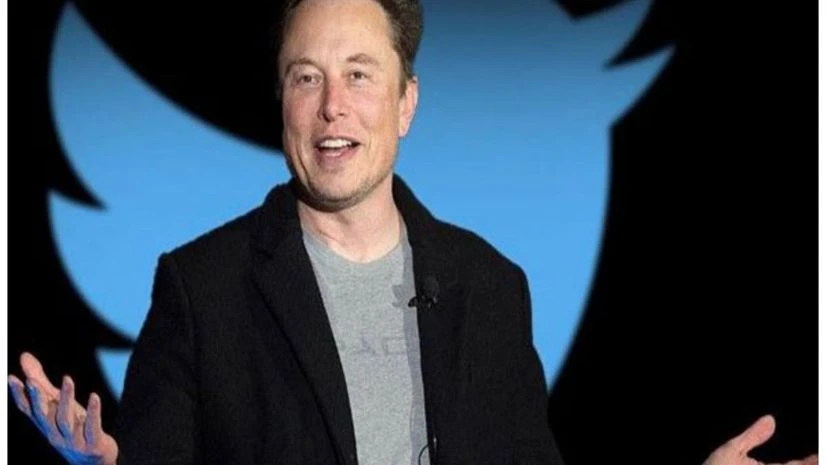By Faye Flam
Elon Musk is making Twitter more opaque for academics who’ve used its data for years to study social media’s impact on society, as well as those who used its database of tweets as a lens into human psychology. This is happening despite his promises to improve transparency on the platform.
Before Musk took over, Twitter had actively helped researchers obtain data that let them study how information flowed around the network, how social media shapes people’s views, and how it can be used to manipulate. Behavioral and computer scientists used Twitter’s data to show how social media can influence what we pay attention to and psychologists have studied how algorithms might be changed to promote high-quality information.
Much of this research depended on tools called APIs (application program interfaces), which help scientists to gather large amounts of data on what messages and topics are being discussed, who is sending particular kinds of tweets, and who is receiving them and retweeting them. This is obviously helpful in understanding how misinformation spreads online, but researchers also used such data to study everything from political polarization to the psychological impact of the Covid lockdowns to public attitudes to climate change.
Now, researchers from psychology to computer science to network research say they’ve been cut off. Musk’s most recent move, researchers say, was to demand that they either delete data they’ve already obtained or start paying him $42,000 a month.
Yet Musk has said he believes in the power of transparency to promote trust. He posted Twitter’s algorithm. And he released the Twitter Files, internal documents that were supposed to reveal that Twitter’s fact-checkers were guided by political bias in censoring misinformation.
More From This Section
Although I’ve argued in previous columns that political bias and censorship were real problems during the pandemic — fact-checkers were wrongly labelling all sorts of things as misinformation, from moral issues to open scientific questions — what Musk is now covering up might matter more than what he’s thrown into the light. And right now, we need all the transparency we can get.
This type of research is especially important now that AI will be injecting a whole new brand of deceptive tactics into the information ecosystem. Since social media exerts a big influence on mainstream media, these problems will affect even those who avoid Twitter and Facebook.
In the days before he took over, Musk promised to fight the influx of automated accounts known as bots, but he’s actually impeding the researchers who first discovered the impact of bots and the systems they’ve devised to keep track of them. A bot-tracking tool called Botometer had been used by researchers and journalists, and was even cited by Musk himself before his policies threatened its existence. It’s still working in a limited capacity, but could be suspended at any time.
One of the Botometer’s creators, Indiana University computer science and informatics professor Filippo Menczer, said the change in policy affects other tools developed at the Observatory on Social Media. That includes “Hoaxy”, used to track the spread of information and misinformation, and “Top FIBers”, which flags the most prolific spreaders of what he calls low-quality information.
“Ironically, [Musk] had said that he wanted to buy Twitter to have fewer bots and to make it into a better platform,” he told me. “But everything he's done is moving in the opposite direction … There are more bots, there is more hate speech, there are more bad actors.”
David Lazer, a professor of information science and political science at Harvard, has been studying the impact of social media, and more recently, the impact of Musk’s takeover. He said that for previous studies that he led on the dissemination of fake news, he relied on a tool called Decahose, which allowed them to get a random 10% sample of tweets on particular topics. That’s now shut off, making that kind of research much harder.
He’d also been relying on other APIs that Twitter under Musk has cut off or threatened to cut off. “If Twitter does everything that they have publicly asserted they will do,” he said, “our entire research infrastructure on Twitter will be shut down.”
There’s no doubt that many people today are badly informed, filled with outrage and deeply divided. To what extent this is a product of social media’s manipulative influence — and if it us, how to fix it — is something scientists might be able to help us understand. But only if Musk and other social media CEOs keep their data available
Disclaimer: This is a Bloomberg Opinion piece, and these are the personal opinions of the writer. They do not reflect the views of www.business-standard.com or the Business Standard newspaper

)
